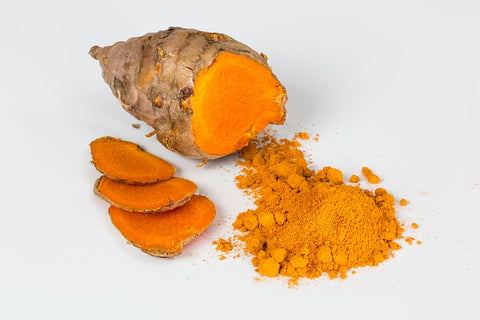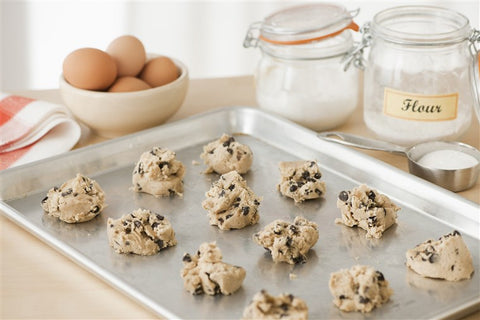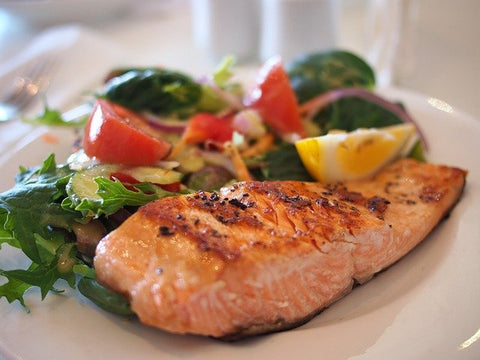
March 22, 2021
They're not always brown There are roughly 5,000 varieties of potato 2008 was the international...

March 22, 2021
What Is Turmeric? Turmeric, a plant related to ginger, is grown throughout India, other parts of...

March 22, 2021
Did you resolve the cut back on salt? Or maybe you’re just looking for a...

March 22, 2021
There are many special occasions through the year that are perfect to spend time with...

March 22, 2021
Fish is a low-fat high quality protein. Fish is filled with omega-3 fatty acids and...

March 22, 2021
Saves money Eating homemade foods is usually much cheaper than eating at a restaurant or...